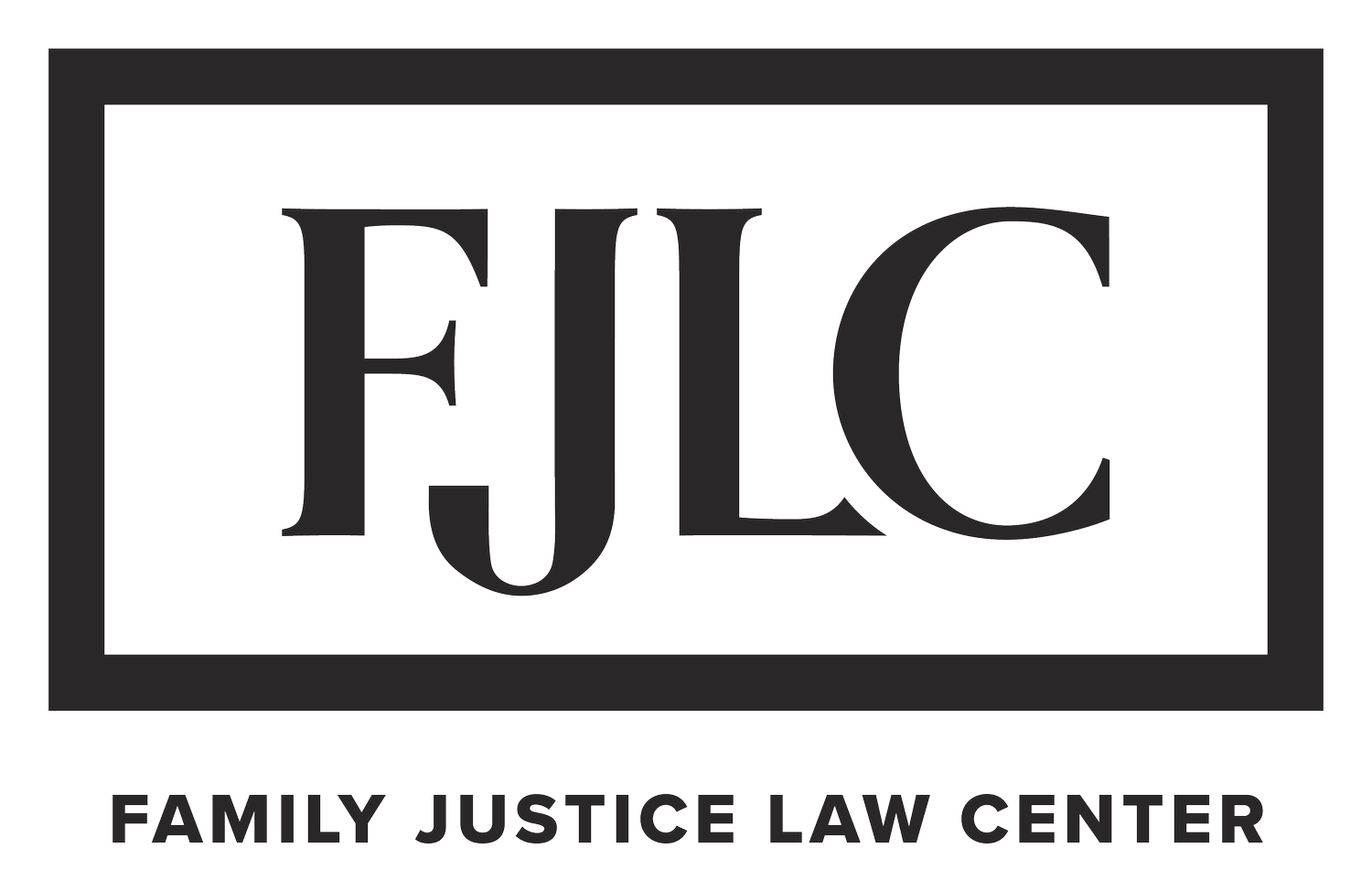Our Issues
The Family Justice Law Center (FJLC) challenges the practices of the child welfare system that routinely, even casually, inflict illegal and horrific abuse on families caught up in its web. Across a broad range of issues, FJLC seeks to hold those who violate families’ rights accountable. Below are just a few areas in which we litigate.
Fourth Amendment Violations
“It ‘felt like being kidnapped, even though it was just for a few days,’ one [child] said. ‘I didn’t know how long it would last.’”
All families, whether under government investigation or not, have the constitutional right to be safe and secure in their homes. Yet daily, New York City police officers and caseworkers forcefully enter homes, wake children safely sleeping in their beds, and even rip them from their parents’ care — without a court order authorizing these interventions. This practice, when not absolutely necessary, is inhumane. It is also illegal. While Children’s Services is authorized to remove children under exigent circumstances, they exercise this extreme power roughly half the time, often when clearly unjustified. Once the courts scrutinize these so-called “emergency” removals, they decline to approve a quarter to a third of them. Yet, because there is no oversight or penalty, agencies continue their standard routines.
This atrocity is not only illegal, but also traumatizes children and parents. The Trump Administration’s zero-tolerance immigration policies that tore thousands of children from their parents at the border showed the intuitive injustice and inhumanity of forcefully separating families. Responses from psychologists, pediatricians, and policymakers shed light on the irreversible consequences. Even if removals are temporary, their psychological consequences are not. Removals traumatically disrupt children’s connections to their parents, siblings, friends, schools, and communities, damaging their mental health and emotional development.
In February 2024, FJLC along with co-counsel filed a landmark class action against the City of New York, alleging that the City’s Administration for Children’s Services routinely uses highly coercive tactics to illegally search tens of thousands of families’ homes each year in violation of the Fourth Amendment. As Ebony Gould, one of FJLC’s named plaintiffs, described her experience: “ACS made it clear—either I let them search my home or they were taking my kids.” The harm and trauma of these coercive searches fall disproportionately on Black and Hispanic families, who are routinely given the choice of having the sanctity of their home violated or having their children taken away. Read the full complaint HERE. Read a story on the case from The New York Times HERE.
Surveillance of Survivors of Domestic Violence
“ACS’s highly intrusive tactics retraumatize survivors of domestic violence or abuse—aggravating these individuals’ emotional distress, undermining their sense of safety and control, disrupting their jobs, and perpetuating biases about survivors like them.”
Across New York City, parent-survivors of domestic violence often face systematic “double abuse”: Having first experienced violence at home, they are then subjected to unnecessary ACS surveillance that only exacerbates their situation. Parent-survivors encounter the child welfare system at every turn: abusers routinely make false reports of child maltreatment as a way to continue harassing their victims; ACS treats survivor-parents as incapable of protecting their children; and courts adjudicating claims of child maltreatment against abusers regularly rule that survivor-parents can keep custody of their children only if they allow ACS caseworkers to enter and search their homes.
In such child maltreatment proceedings against their abusers, parent-survivors are “nonrespondents,” meaning they are not accused of any abuse nor neglect. Yet family courts routinely order the nonrespondent parent to comply with unannounced home searches and other invasive demands. At the intersection of family policing and domestic violence, this “double abuse” disproportionately impacts Black, Hispanic, and low-income parents.
FJLC seeks to end this blatantly illegal practice. In December 2023, FJLC filed an appeal in the New York Appellate Division, Second Department to vacate an order from Kings County Family Court that required Ms. W, the mother of a one-year-old baby, to comply with months of limitless surveillance of her home and her child’s body by ACS. Read coverage from The New York Times HERE.
Removal Hearing Delays
“[Removal] Hearings took between one and six months, with many taking three or more months”
When the government separates a child from his or her parent, the family has the constitutional (and in New York the statutory) right to promptly challenge that removal. This makes sense. If a parent poses serious danger to a child, that child needs to be protected and foster care or other placements are required. But, if a child can be safely at home, that child should be expeditiously returned from foster care. The law requires that these hearings ordinarily be concluded within hours or days of the removal.
But in New York, judges routinely deny families prompt hearings, and instead prolong hearings over many weeks and even months, while children languish in foster care. Even when some judges attempt to conduct prompt hearings, structural issues in family court – such as the default allotment of thirty-minute windows to court appearances – substantially postpone families’ access to justice. Internal court leadership has acknowledged that this “compromises the administration of justice.” Few issues can be resolved in thirty minutes, resulting in rampant adjournments with little testimony taken. Delays are neither benign nor inevitable. They reflect disregard for the poorest families in our communities. They unnecessarily prolong family separation. They force families to repeatedly recount traumatic incidents each time they come to court.
For example, in Bronx Family Court, one emergency hearing that was constitutionally and statutorily required to be completed in a matter of days took six months, spread over twenty-three court appearances. At the end, the judge found that the child could be safely returned home. These types of delays are plainly unconstitutional, morally disgraceful, and harmful to parents and children. Over the course of another emergency hearing that lasted four months, a six-year-old separated from her mother emotionally “deteriorated” and “began expressing suicidal ideation.”
FJLC has been working diligently with other organizations to stop these unlawful delays. In August 2024, FJLC filed an amicus brief in support of parents whose hearing had taken nearly 10 months. In September, 2024, FJLC argued in front of the Appellate Division, First Department. Nine days later, the First Department reversed the lower court’s decision and reiterated that family courts must conduct such hearings “expeditiously.” Read the First Department’s decision HERE.

